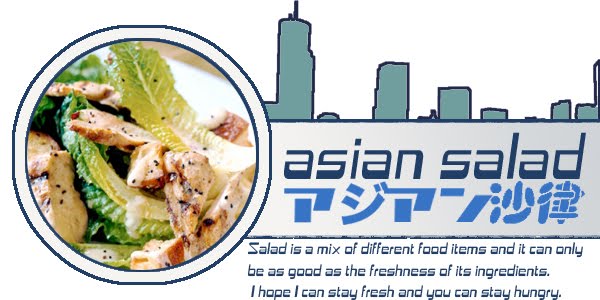In Tsim Sha Tsui, at the premium shopping district, one can't help but notice the overwhelming number of affluent mainland tourists. They are not necessarily the most well-dressed, yet the women almost always carry a brand name purse while the men usually wear polo shirt and leather shoes. Thanks to these free spenders, Hong Kong's economy has fared the global economic downturn fairly well. But what exactly is it that propels these upstart to buy what they are buying now? Are there deeper reasons for the shopping spree other than the self-inflicted urge to boast the newly acquired wealth?
Prior to the economic reform in China 20+ years ago, the mainland was infused by ideological beliefs that proved to lack the practicalities to make China a more prosperous country. Mr. Deng XiaoPeng, whose vision and courage is perhaps the most important factor for China's economic miracle, opened up China for foreign investment and trades, which then lifted tens of millions of people out of poverty. Planned economy has failed miserably to the invisible hands of market economy. From then on, China gradually opened its various sectors and joining the WTO was the highlight of this transition.
But what are we left with spiritually? In the States, one can comfortably say that the founding principle of USA rests in the conviction that everyone was born equal and entitled certain human rights that the government is responsible in protecting. But what about China? The communist leaders had once believed that under socialism, everyone enjoyed their fair share of resource and could live respectably as a human being. But as capitalism has slowly taken ground in China, socialism has correspondingly lost its appeals and resorted to a mere rallying cry. With the higher ideal missing, China does not seem to know how to exercise its power that comes with its economic prowess in promoting a better world. In dealing with Zimbabwe's authoritarian government, the Chinese officials focus on the business ties and tangible benefits, supplying jet fighters, military vehicles and guns to the government which was then used to suppress and kill domestic opposition. China's interpretation of its action is that it does not interfere other countries' domestic affairs, which is in a sense, value-neutral. It is true that it has not imposed any ideologies or values on countries that it has provided aid, which stands as a sharp contrast to the onerous requirement set by the western countries. But is it really value-neutral? Rather, are we not imposing because we do not have a guiding principle/morale to offer but a mere absolute practical view on things?
And this practicality echoes back with the consumption fever in China. The mainland is under an subdue optimism driven by our economic success and our main direction as a country is to sustain this momentum and become the most powerful country in the world through economic domination. Our value is constructed entirely on economic ground rather than an abstract ideology that our ancestors have spent the first half of 20th century contemplating. While this seems to be a more solid ground, we are now living in an age where we have to spend to vindicate our worth and to justify our sudden wealth. We simply do not have anything to believe in other than what is in front of us and what we can carry in hand. At the same time, however, a bit of our sympathetic capacity to feel for others is lost in this consumerism tidal. Everyone around us is a competitor and in this ultra-competitive society, we can only get ahead to survive and we are too busy to care for others.
Certainly, spending is not a bad thing and is the backbone of modern economy. But what I am concerned with is that the economy will eventually slow down and by then, what can the Chinese believe in and what can be promised to the citizens to keep the country united? Will we turn to nationalism and protectionism?

 因為表兄是主持,星期天接力出席了kubrick舉行的法國詩篇的研討會。不是我那杯茶,但後來發現原來在席者都不簡單。有香港作家也斯,藝術工作者wai yin等等。完結之後又到了Art Center 看劇團「三角關係」的「10字樓集作」小型話劇。主旨非常大路:青少年要打破既定生活模式,追尋夢想,遇到社會和家庭的阻攔。而故事也脫不開夢想就是到世界各地影相當攝影師,被迫放棄演戲而入讀商科等等的橋段。演員的演繹很青澀,但香港有這些劇團我覺得很不錯。在西九文化區的計劃討論進行得如火如茶之際,這些劇團作為軟體實在不可缺。
因為表兄是主持,星期天接力出席了kubrick舉行的法國詩篇的研討會。不是我那杯茶,但後來發現原來在席者都不簡單。有香港作家也斯,藝術工作者wai yin等等。完結之後又到了Art Center 看劇團「三角關係」的「10字樓集作」小型話劇。主旨非常大路:青少年要打破既定生活模式,追尋夢想,遇到社會和家庭的阻攔。而故事也脫不開夢想就是到世界各地影相當攝影師,被迫放棄演戲而入讀商科等等的橋段。演員的演繹很青澀,但香港有這些劇團我覺得很不錯。在西九文化區的計劃討論進行得如火如茶之際,這些劇團作為軟體實在不可缺。







